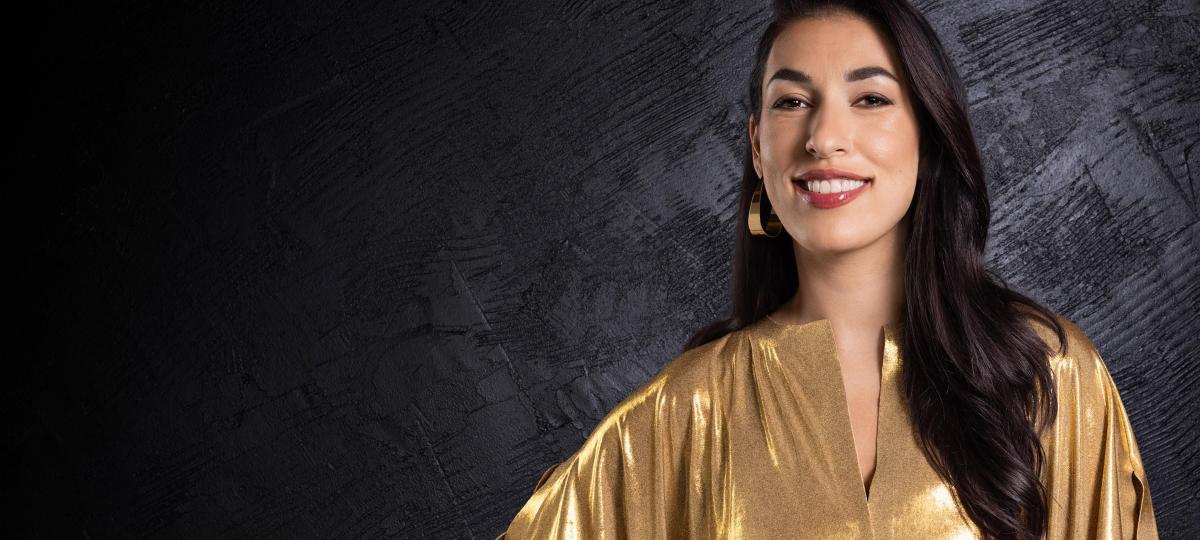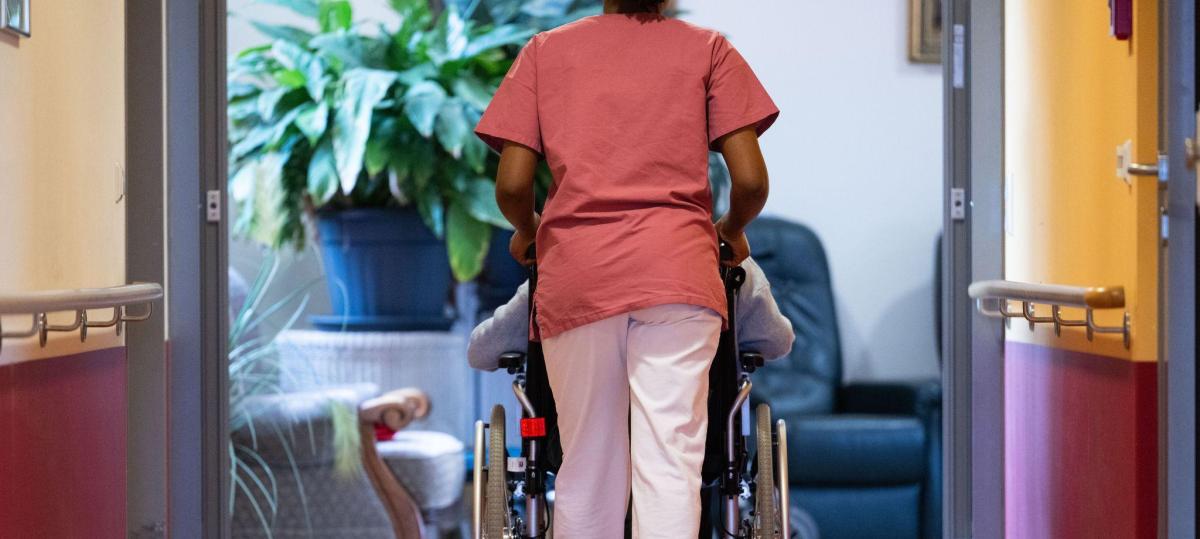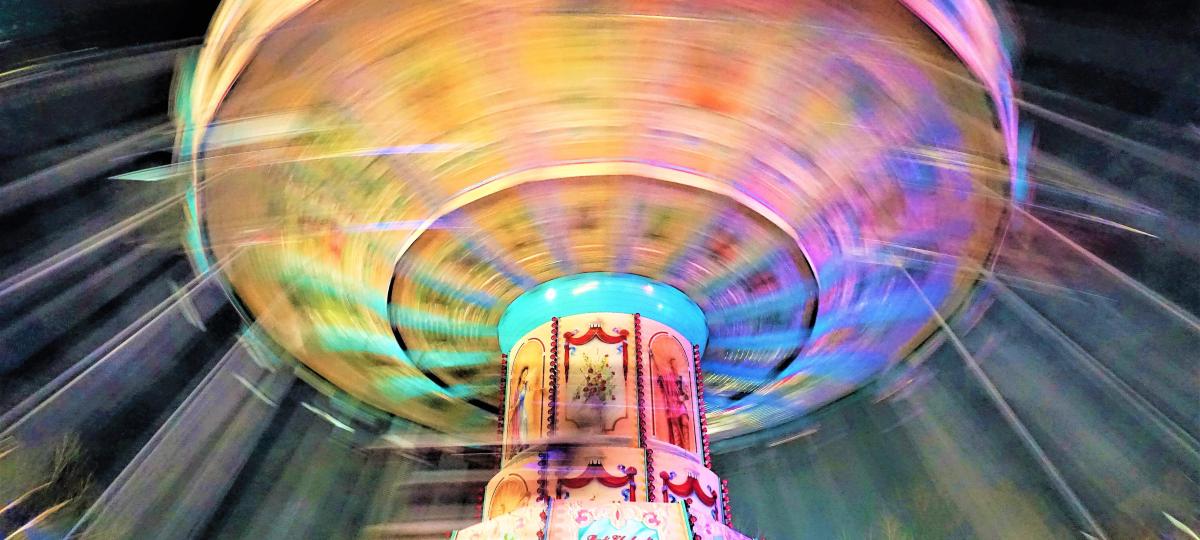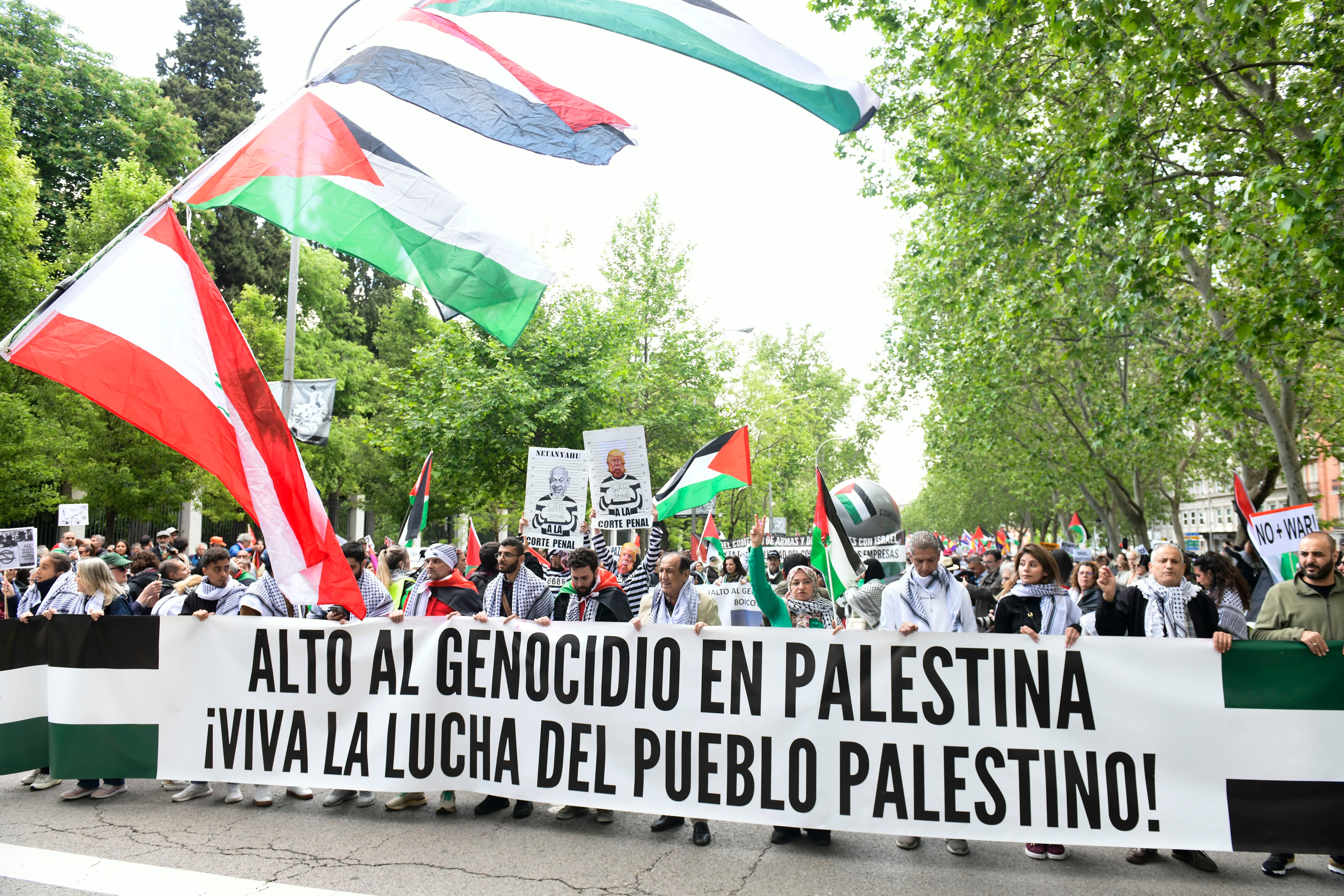How the friendship is put to the test of conflicts
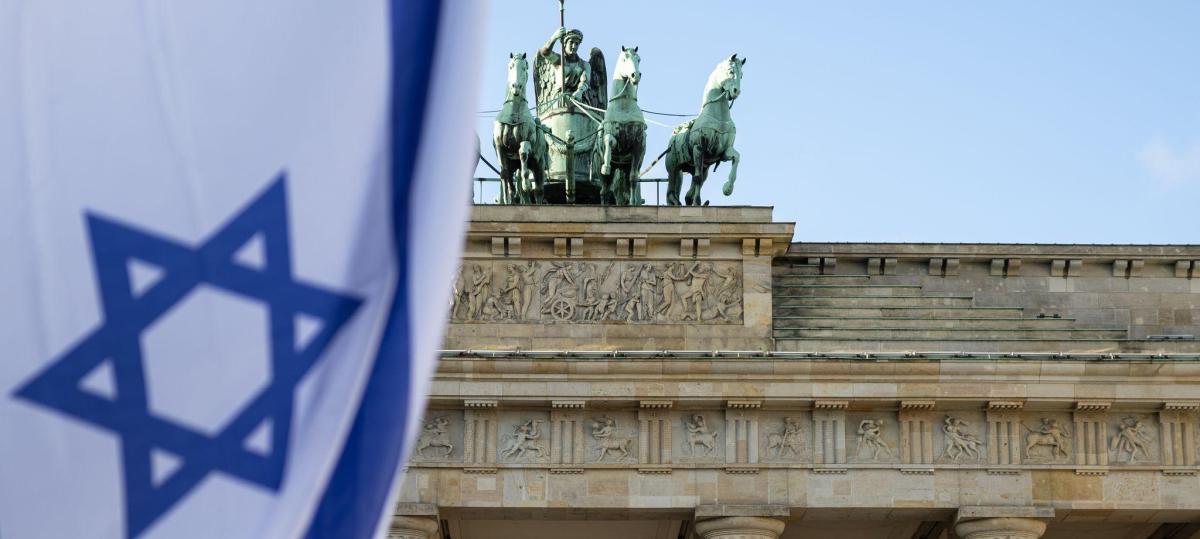
SDE Boker is a village with history. Israeli state founder David Ben Gurion lived in the small Kibbutz with the simple houses in the Negev desert. In May 1966, exactly one year after the admission of diplomatic relationships between the land of the victims and the country of the perpetrators, Konrad Adenauer visited him there. It was only her second meeting at all, here the gnarled conservative, there that Poland emigrated socialist, both in political retirement. In the end, however, Ben Gurion said goodbye to his visit with a sentence that indicated many Israelis at the time: « I met a friend. »
Friendship is a big word, in private and political. This applies even more for Germany and Israel, and their relationships still lie The shadow of the Shoa with six million Jews murdered. Especially in Israel, the careful approach between the two countries, which had already started in the 1950s, was seen critically for a long time. The young Reuven Rivlin, the predecessor of today’s President Jitzchak Herzog, also participated in the violent protests.
How firm is Germany on the side of Israel?
Today, both are part of the Freundeskreis of Federal President Frank-Walter Steinmeier as unshakable as the official Germany and the official Israel celebrate their good cooperation, initiate city partnerships and a more intensive youth exchange, so thin is the varnish that protects this very special relationship. Since the Massacres from October 7th Many Israelis have the impression that Germany feels more with the people in Gaza than with the hostages of Hamas and the families, the victims of the greatest murder of Jews since the Shoa. Do the pro-Palestinian demonstrations with their aggressively celebrated hatred of Jews do not attract much more participants than the vigils and rallies that are reminiscent of Israel’s fate? And why did Germany actually return its arms deliveries to Israel?
In Germany, Israel is increasingly being pushed into the role of the perpetrator
Israel owes a lot to Germany, especially an enormous help in building the country, which quickly developed from an agricultural state that had to wrestle the square of square meters for square meters into a high-tech location. At the same time, Germany still looks at the only democracy in the Middle East, a fascinating and contradictory country with a diffuse suspicion and partially scary ignorance. His head of government is, whether you like it or not, democratically chosen. He is not a war criminal, but a man who defends his country, albeit not squeamish in his means. For good reason: On October 7th, Israel, who wanted to offer the Jews of the world after the Shoa forever, have become the land of the victim for the second time. In Germany, on the other hand, it is pushed into the role of the perpetrator.
In SDE Boker, one of the women who lead visitors through the house of Ben Gurion shows a photo of Angela Merkel in her Kibbutz. The Chancellor declared Israel’s security in 2008 as the German State Räson. This security also includes security not being attacked at some point from Gaza, Lebanon, Iran or Yemen. What Germany is ready to do is still an open question after 60 years of diplomatic relationships.

